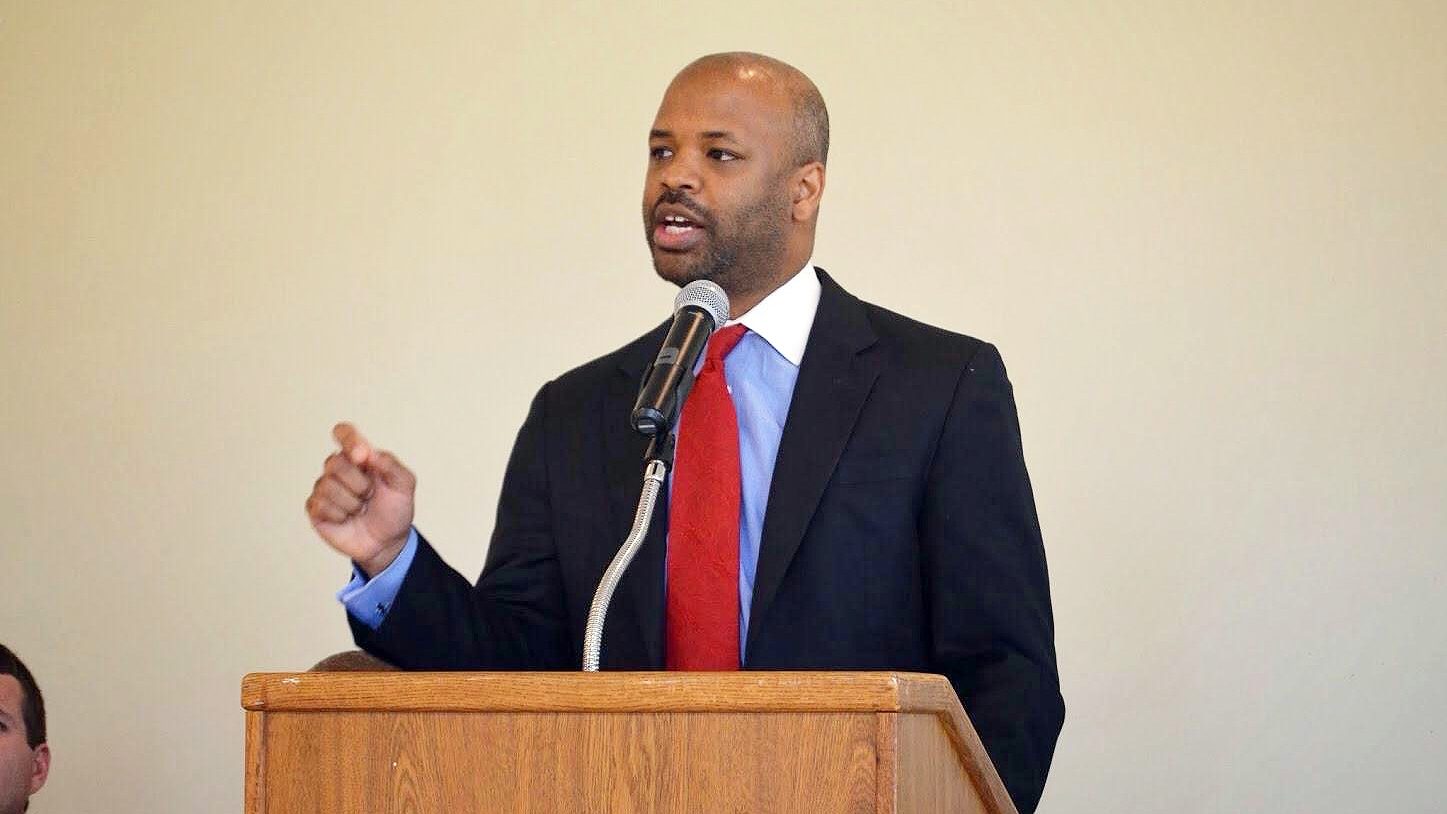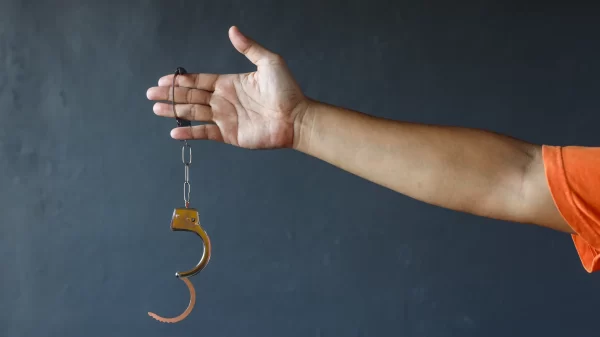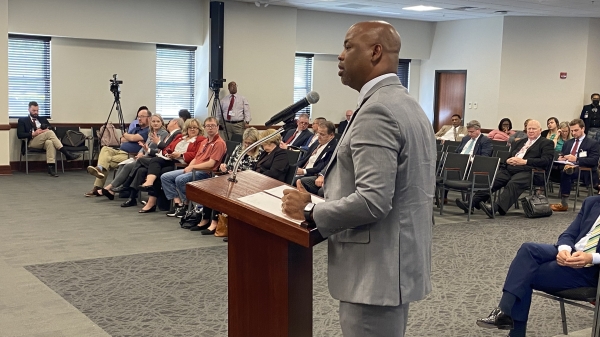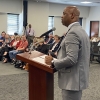|
Getting your Trinity Audio player ready...
|
The Alabama Legislature ultimately won’t be able to agree on new congressional district voting maps and will be forced to rely on a special master appointed by the federal courts, said Rep. Chris England, a Democratic member of the Alabama Reapportionment Committee.
England told the Alabama Politics This Week Podcast that his “realistic” view of the process is that it will be almost impossible for Alabama Republicans to agree on and vote for a map that pushes one of their colleagues out of office.
England’s comments came in the wake of the recent U.S. Supreme Court decision ruling Alabama’s current voting maps to be discriminatory towards Black voters, and thus in violation of Section 2 of the Voting Rights Act. The ruling was a surprise to most legal experts, and England, who is an attorney, admitted it shocked him as well.
“We were thinking this (case) was going to be the final straw for the Voting Rights Act,” England said. “(SCOTUS) already killed Section 5 (with the Shelby v. Holder decision) and this would have knocked out Section 2.”
A federal court two weeks ago set a July 21 deadline for the legislature to approve new maps that included two congressional districts in which Black voters made up a majority or something close to it. Such a map would likely provide Democrats in the state with a second Democratic congressperson.
But England said he couldn’t see Alabama Republicans approving such a map.
“It’s a hard choice,” England said. “Just as a casual observer, I imagine it would have to be a very hard decision to draw maps that determined which of my colleagues didn’t return. That’s a hard choice.”
England also said that some Democrats believe that allowing a special master to draw the maps is possibly the best option.
In fact, England pointed out that after a federal court last year ruled Alabama’s maps to be unconstitutional, the two sides were in the process of deciding on a special master to redraw the maps. Then, the Supreme Court stepped in.
But in practical terms, the high court’s opinion earlier this month didn’t really change anything. It offered no additional guidance on how the maps should be redrawn, just that they should. That essentially returns the process to where it was prior to SCOTUS intervention.
England made it clear that he wasn’t criticizing Republicans for possibly being unable to redraw the maps, and he said he believed lawmakers on both sides would put forth a good faith effort and take the process seriously.
“We will go through the process and there will be a lot of maps produced, and I believe there will be an earnest debate over what the maps should look like,” England said. “But ultimately, I don’t think we’ll be able to get there.”
England also talked more in depth about specific maps that have been presented by various groups, including the plaintiffs in the Allen v. Milligan case that led to the Supreme Court decision. He also spoke about his time as Alabama Democratic Party chairman and the mistakes and accomplishments during those two years.
You can listen to the full interview at the alapoliticsthisweek.com website or on most podcast platforms.






















































